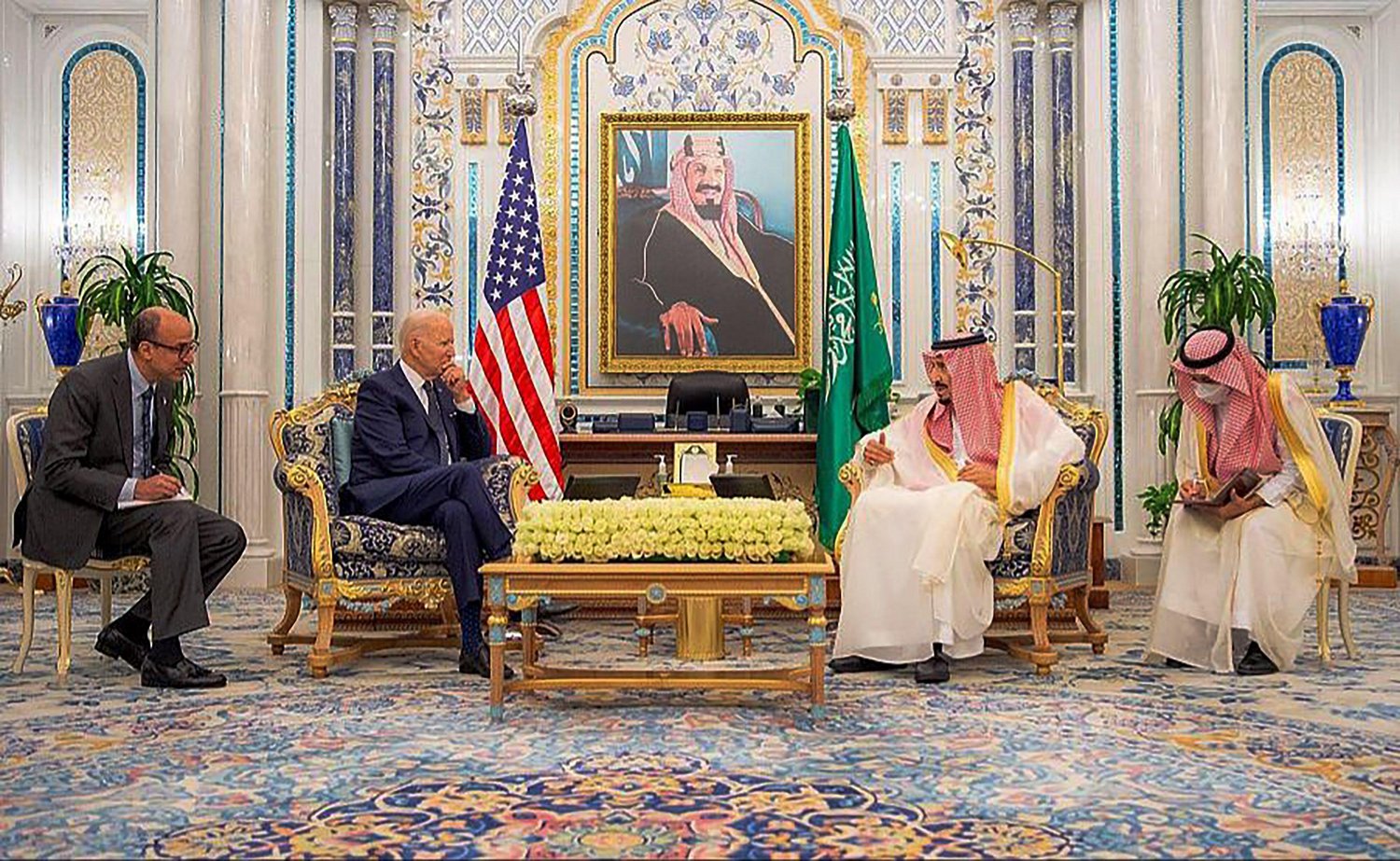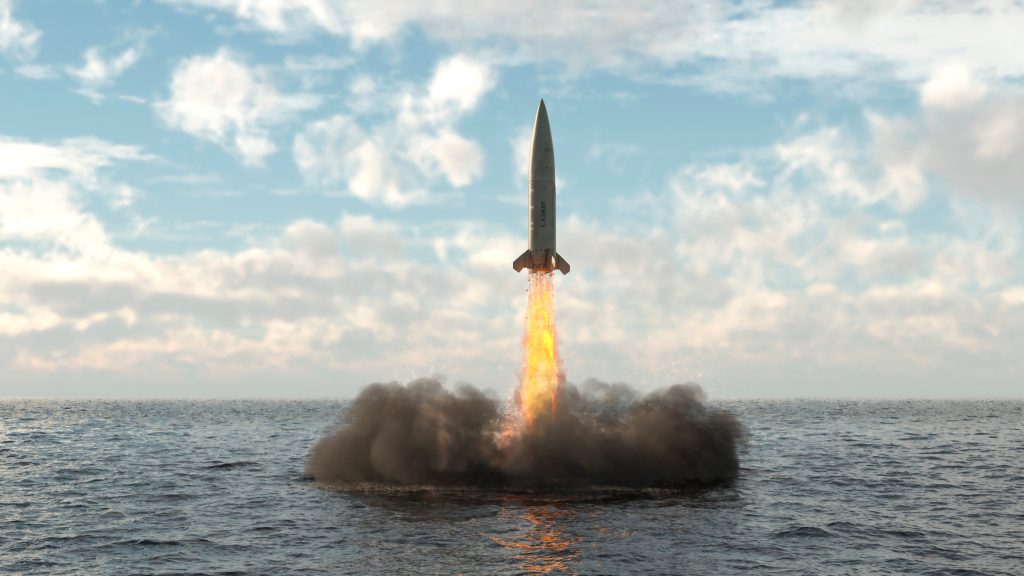Home > Maintaining American influence in the Middle East: a bet won
"We will not walk away and leave a vacuum to be filled by China, Russia, or Iran". These are the recent words of President Joe Biden at the summit GCC+3 (Gulf Cooperation Council + Egypt, Jordan and Iraq) in July 2022 in Jeddah, Saudi Arabia[1]. His speech comes in the context of the United States working to maintain its influence in the Middle East in the face of new rivals like the three countries mentioned above[2].

In recent years, contacts between the Arab countries of the Gulf, Iran, China and Russia have multiplied and consolidated[3]. Also, apart from military support to Syria and Iran, Russia and China have signed numerous arms contracts with countries in the region, such as Egypt and the GCC countries[4]. One can also think of the summits organised between the GCC and the USA's rivals, such as the recent visit of Russian Foreign Minister Lavrov to Riyadh in June 2022[5]. Finally, negotiations between the GCC and China for a free trade agreement are underway[6].
Despite the current tensions in the region, Saudi officials have repeatedly met with their Iranian counterparts with a view to de-escalating or even restoring diplomatic relations that have been severed since 2016[7]. Kuwait and Oman have repeatedly mediated disputes between Riyadh and Tehran[8]. After the end of the embargo in 2021, Qatar had offered to mediate between Tehran and the rest of the GCC countries[9]. For their part, the Emirates are currently preparing to send an ambassador to Tehran[10].
Energy interests (common gas fields, hydrocarbon supplies), economic interests (trade contracts, free trade agreements) and strategic interests (the Strait of Hormuz, the Gulf of Aden) explain these rapprochements[11]. However, the maintenance of American influence is mainly focused on security issues. The joint statement of the Jeddah Summiton " strengthening cooperation in the fields of defence, security and intelligence, as well as support for all diplomatic efforts to reduce regional tensions "[12]shows us this.

However, in the same statement, the participants expressed their "concern that the their commitment to joint cooperation to support global economic recovery efforts, address the economic impact of the pandemic and the war in Ukraine, ensure resilient supply chains and food and energy security, develop clean energy sources and technologies, and assist countries in need by meeting their humanitarian and relief needs "[13].
In addition, the participating leaders expressed their satisfaction with the creation of the Task Force 153 and the Task Force 59which " strengthen defence coordination between GCC member states and the US Central Command to better monitor maritime threats and improve naval defences using the latest technology and systems "[14]. The United States also welcomed the Arab Coordination Group (GAC) to provide a minimum of US$10 billion in response to regional and international food security challenges "[15].
On the occasion of Biden's visitSaudi Arabia and the United States have concluded 18 cooperation agreements in a wide variety of fields (space, finance, energy, health) as well as to connect the electricity networks of the Gulf countries to that of Iraq, which is very dependent on energy imported from Iran, a rival of both the Americans and the Saudis[16]. The 18 agreements were part of the Saudi Vision 2030 plan, and thirteen of them were signed with the Ministry of Investment, the Royal Commission for Jubail and Yanbuas well as various other private sector companies[17]. Saudi Arabia has signed agreements with several US companies such as Boeing Aerospace, Raytheon Defense Industries, Medtronic, Digital Diagnostics, IKVIA and IBM[18]. The Saudi Space Authority had signed the Artemis Agreements with NASA for joint exploration of the Moon and Mars[19]. The agreements also covered bilateral cooperation on technologies 5G and 6G[20]and supported Saudi projects aimed at making the Kingdom an innovation and technology hub for the Middle East and North Africa[21]. Finally, the agreements consisted of civil nuclear energy and uranium partnerships[22].
In the face of growing Russian, Chinese and Iranian influence in the Middle East, the maintenance of American influence can be sustained in the energy field, as well as in defence.[23]
All rights reserved by BRAUN



